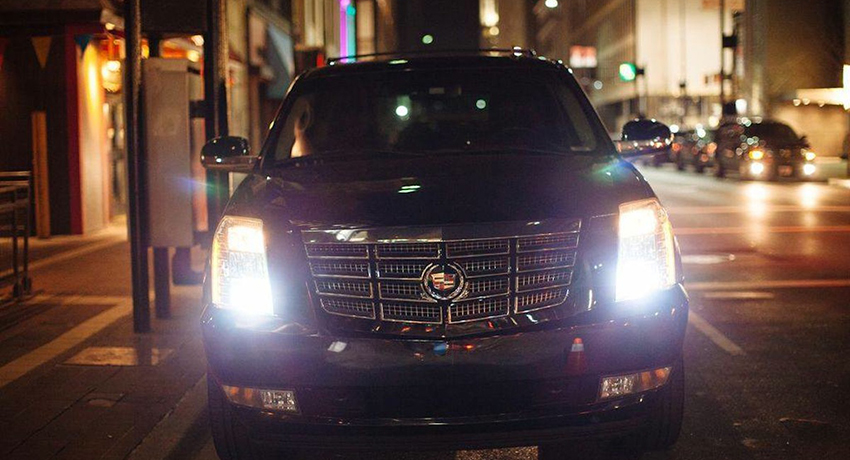Uber Was Once Again Scrutinized During a Cambridge Meeting

Image via Uber on Facebook
During a pow-wow of sorts between Cambridge officials, police officers, and those who hold taxi medallions this week, cab company owners and drivers spent time peppering members of the city’s License Division with questions about plans for regulating the on-demand car service Uber.
“You would be crazy to think that during the whole conversation that Uber wasn’t going to come up with a whole bunch of cab drivers and medallion owners in the room,” said Cambridge License Commission chairwoman Andrea Jackson of the meeting on Wednesday. “The reality of it is, they have concerns, and at the end of the day it cuts into their bottom line and into their pocket.”
The meeting, which is held annually in Cambridge and described by Jackson as a sort of “check-in” with members of the Hackney Carriage Division, taxicab owners, managers, and lessors, was just an hour-and-a-half long, and covered a range of topics including public safety concerns, consumer complaints, disability training updates, and illegal taxis.
Of course, as Jackson noted, Uber was a particularly sensitive topic that took the spotlight for some of the meeting. “Questions came up in terms of if the city is going to regulate Uber, why the state isn’t doing something about it, and the differences between UberX and Uber black car,” she said. “We figured Uber would come up, but that wasn’t the purpose of the meeting. It happens at this time every year.”
These questions were similar to ones that fueled a public meeting last month that pitted fans of Uber against the taxi drivers who claim the company is hurting their business practices by side-stepping regulations that they themselves are forced by the city to abide by.
During that meeting, dozens of people turned up to defend Uber, and lambast members of the License Committee for putting forth a draft proposal that would have brought Uber’s practices to a complete standstill, requiring them to come under the umbrella of the city’s Hackney laws.
Not long after that meeting, Jackson told Boston that the city was essentially scrapping the draft version of the proposal, after an onslaught of complaints from supporters of the app-based business model flooded officials’ ears. “We are going to be looking to see what other states and cities have done [with services like Uber], and it will essentially be a complete rewrite of the earlier draft,” said Jackson in a previous interview. “The first draft was essentially just that. It was, ‘hey, let’s have a discussion about it, what do you think.’”
Speaking about Wednesday’s Hackney meeting, Jackson said it’s not just about changes Uber might need to make, however. Included in the discussion Wednesday were recommendations about modernizing the taxicab industry in Cambridge— something Jackson said is needed now that more technology like Uber and other on-demand car services are currently available to riders. “We conveyed to the taxi owners—a good piece of what we are trying to convey to them is—that the technology is here to stay. We are trying to tell them they need to reinvent their industry,” she said. “We aren’t giving them complaints or criticizing them as much as we are giving feedback so they can make their industry better.”
The complete rewrite of the previous proposal regulating smartphone-reliant services is expected sometime in the fall, and will be followed up by a series of public meeting. In the meantime, however, a Taxicab Subcommittee meeting will be held in Cambridge on August 20, where, once again, Uber will likely take center stage.
“I think it will be a robust dialogue at times,” said Jackson

